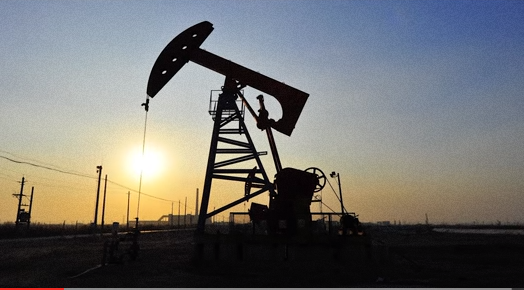The Organisation of Petroleum Exporting Countries (OPEC) says there will be a cut in its global oil demand growth forecast for 2023 over fears of global economic recession.
The global oil cartel disclosed this on Monday in its Monthly Oil Market Report (MOMR).
In its report, OPEC said the oil demand growth for 2022 and 2023 forecasts a cut in production by 100,000 barrels per day (bpd).
Last month, the US pressured the organisation to suspend its plans for a deep cut.
Advertisement
However, OPEC+ said the decision was in light of the uncertainty surrounding the global economy and oil market outlooks and the need to enhance the long-term guidance for the market.
It said the cut was also in line with the successful approach of being proactive and preemptive “which has been consistently adopted by OPEC and non-OPEC participating countries in the declaration of cooperation”.
On Friday, oil prices jumped after health authorities in China, top crude importer, eased tight COVID-19 rules.
Advertisement
With this, OPEC believes economic risks are skewed to the downside but that the resolution of Russia’s war in Ukraine could change that in 2023.
“This supply surplus was confirmed by refinery runs, which are an indicator of all demand performance. The drop in oil demand occurred on the back of weakening economic activity, spur rising inflation, monetary tightening by major central banks, aggravated geopolitical tensions, tight labour markets and additional supply chain constraints,” the report reads.
“The significant uncertainty regarding the global economy, accompanied by fears of a global recession contributes to the downside risk for lowering global oil demand growth.
“In addition, China’s strict adherence to the zero COVID-19 policy adds to this uncertainty, making the country’s recovery path even more unpredictable. To address this significant uncertainty and heightened market volatility, the proactive and pre-emptive decisions taken by the OPEC and non-OPEC producing countries in the Declaration of Cooperation (DOC) will continue to contribute to global oil market stability.
Advertisement
“The energy supply situation in the EU represents a notable downside risk as further supply-related issues could lead to a more accentuated slowdown of the region’s economy this winter and beyond, possibly pushing the region into an annual recession next year. Therefore, the global economic situation in 4Q22 and the first quarter of 2023 will require close monitoring.
“While risks are skewed to the downside, there exists some upside potential for the global economic growth forecast. This may come from a variety of sources. Predominantly, inflation could be positively impacted by any resolution of the geopolitical situation in Eastern Europe, allowing for the loss of hawkish monetary policies.
“This, in turn, could lift consumer and business sentiment and trigger a wide range of other supportive effects. Additionally, ongoing fiscal stimulus and compensatory measures for consumers.”
Advertisement
Add a comment






